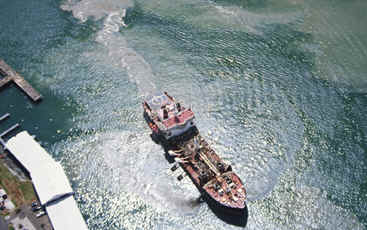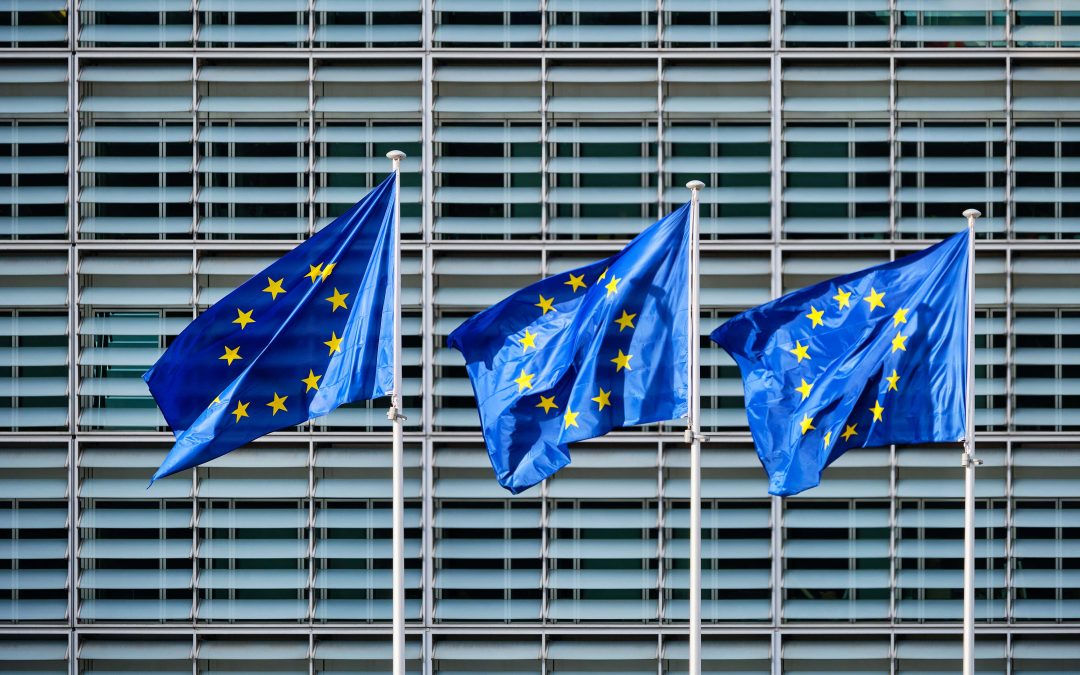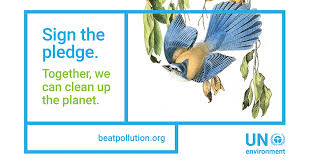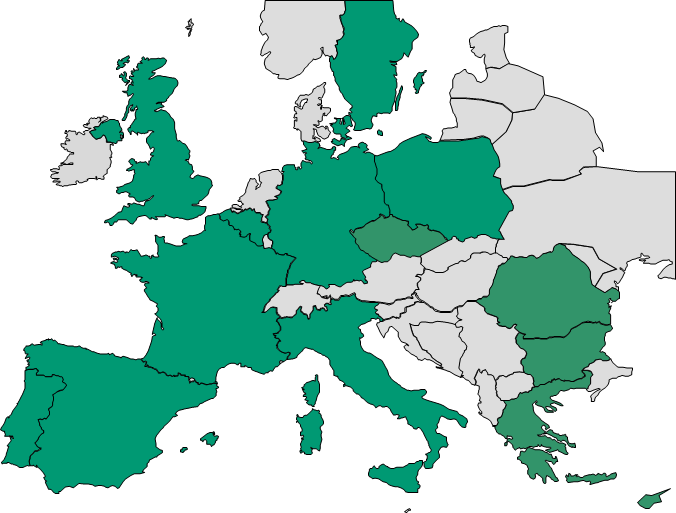
The Waste Shipment Regulation (WSR, 1013/2006) establishes procedures and control regimes for the shipment of waste, depending on the origin, destination and route of the shipment, the type of waste shipped and the type of treatment to be applied to the waste at its destination. It is of particular importance for our hazardous waste business to ensure the safe shipments of hazardous waste, traceability and adequate treatment at the final destination. In accordance with the provisions of article 60 to review the regulation by 2020, the European Commission has launched the assessment of implementation and enforcement of the text, as well as its effectiveness, efficiency and coherence towards its objectives. Following the study and the workshops launched in 2017, the Commission published a consultation to gather views on the evaluation of the WSR. Hazardous Waste Europe, whose members completed around 1 000 notifications in 2017, would favor a light recast only, considering that the WSR is already a very good tool and that merely targeted adaptations on the existing provisions would really improve the existing waste shipment regulation. In our answer, we therefore advocate not giving in to the temptation of oversimplifying the current provisions that could be detrimental to the environment and health, but to make some homogenization in the procedures and to propose some clarifications and improvements aiming
;

The professional associations CEWEP http://www.cewep.eu/, ESWET http://www.eswet.eu/, FEAD, MWE, Euroheat & Power https://www.euroheat.org/, EURITS http://www.eurits.org/, HWE and CEFIC http://www.cefic.org/ advise against a hasty use of the emission and energy efficiency levels given with the Best Available Techniques in the draft version of the BREF for Waste-to-Energy plants. Indeed, BATAEL values in the Waste Incineration BREF Draft (in particular lower ends) are not final values and need contextual information since it may happen/has happened that they are already considered as requested limit values in future permits or in calls for tenders from either consultants or local authorities. However the BREF process is actually still ongoing and the current draft has been commented by the members of the Technical Working Group, in particular because the proposed values do not consider major issues as integrated approach and measurement uncertainty. Moreover, the BREF’s BAT conclusions do not mention pieces of information provided in legislation, in JRC-EIPPCB background papers or during exchanges within the WI BREF Technical Working Group, that are of the utmost importance to avoid misunderstanding these BAT conclusions.

The promotion of non-toxic material cycles in the discussions on circular economy is of utmost importance for Hazardous Waste Europe, not only to protect consumer’s health and encourage efficient use of resources, but also to enhance the value of recovered materials, and ultimately to make sure that the starting circular economy will also be a sustainable economy. In our view, the legislator should preserve and even reinforce the level of protection provided by the regulation on hazardous waste. In addition all waste containing chemical substances of concern above the thresholds set by REACH or by the POP regulation should be regulated and managed so as to provide a high level of safety, as we previously underlined in our answer on the consultation in July 2017. Consequently, thresholds in waste must be aligned to those in REACH, and POP levels must be more strictly followed, controlled and the related requirements must be correctly implemented. Furthermore, the risk-based approach should not apply directly to all kind of waste and for all kind of situations, the hazard-based approach must remain the principle and adaptations could be developped in specific cases like close loop recycling.

We are deeply convinced that only a model built on non-toxic materials cycles can and will ensure a safe and sustainable circular economy. To reach this ultimate goal, we are committed to strive that substances or materials streams contaminated with toxic substances are appropriately decontaminated before being reincorporated into the recycling chain. Our objective is that legal provisions on circular economy that flourish in member states acknowledge this significant necessity: prior to recycling, unwanted hazardous components or pollutants contained in both non-hazardous and hazardous waste should be extracted and treated in compliance with the waste and chemical laws to ensure that toxic substances would not be again and again reincorporated in materials that aim to become products of day to day life. Only by controlling that we will protect health and the environment and pave the way towards the achievement of sustainable consumption and production patterns (Goal 12). By promoting high quality recycling we will work to sustainably guarantee « the environmentally sound management of chemicals and all wastes throughout their life cycle » and achieve healthy lives and promote well-being (Goal 3). The technical solutions already exist and are effective. We miss the political signal that would set decontamination in the legislation. We should hit hard, we must hit now and we could not dream more symbolic than having the solution
;

A few months ago, willing to support the provisions of the waste framework directive dealing with hazardous waste management, the EU Commission requested the consultant BIPRO to assess the hazardous waste management situation in 14 Member States, with a special focus on PCB. After months of work and several workshops in respective Member States, the final workshop that took place in Brussels on Monday October 23rd presented the outcome of the analysis. The final study should be released at the end of the year and will be the subject of a report by the Commission by April 2018. The first outcomes underline the important gaps regarding traceability, proper classification and safe transport and stress the importance to have reliable data to ensure good planning and safe treatment. Sarah Nelen, Head of the unit Waste Management & Secondary Materials at the European Commission, rightly pointed out that it was not just about regulation but implementation and that the issue should be move up on the political agenda. HWE brought its expertise to the study since the beginning and in a presentation co-signed with EURITS – European Union for Responsible Incineration and Treatment of Special waste, HWE gave some food for thoughts to answer the following question: Do the existing infrastructures match with the need of infrastructures based on the industrial production
;





